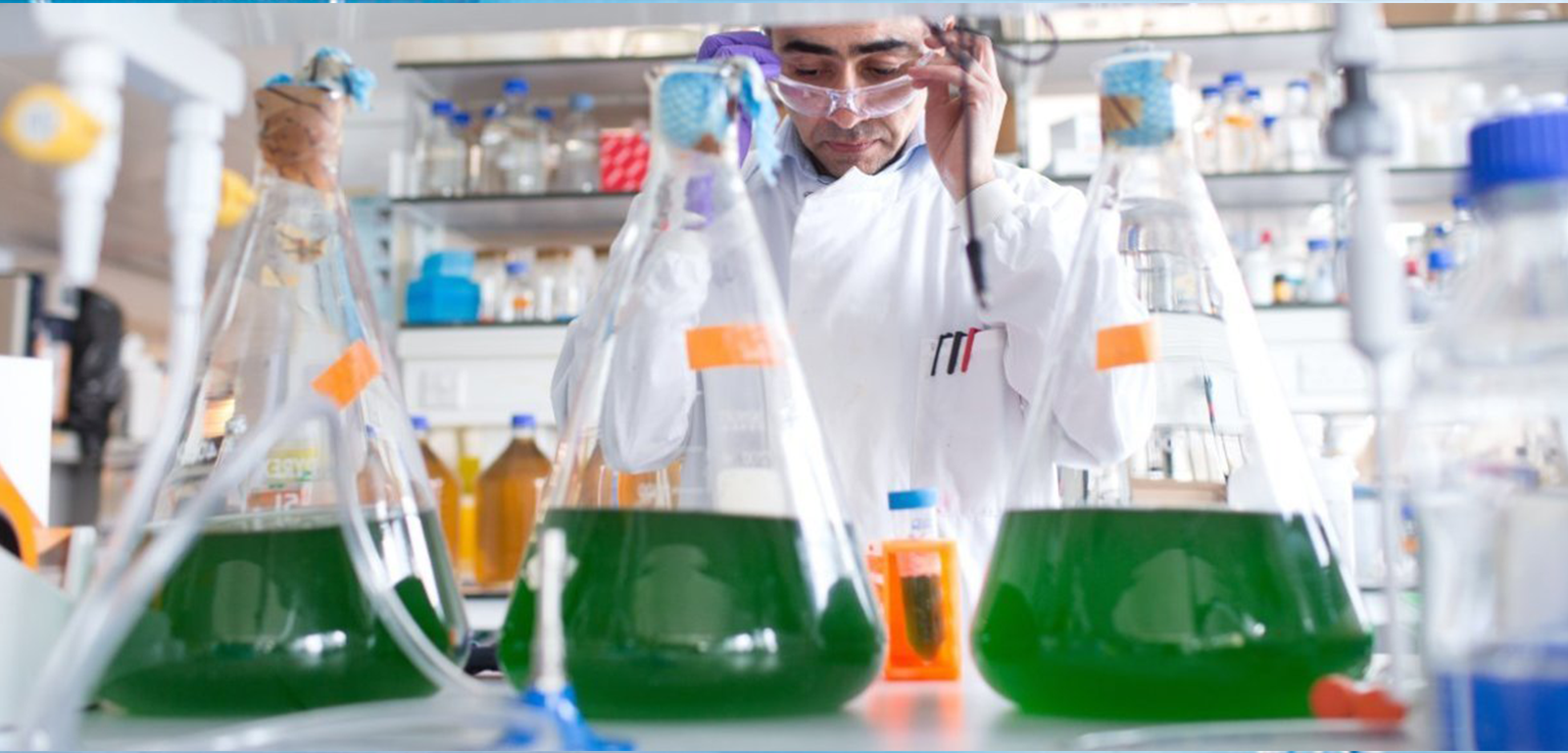

Biotechnology creates a vital link between biology and technology. Our courses cover all aspects of the applied biochemistry and biotechnology industries, including commercialising technology, entrepreneurship, and intellectual property and patents, with lectures and case studies from business leaders and academics.
This degree allows you to combine your training in biochemistry with study of the Spanish language. These classes, taught in Spanish by the Centre for Languages, Culture and Communication, focus on the use and presentation of written and oral scientific and technical material in Spanish.
You will also receive an introduction to the theory and practice of translation, alongside further studies in the history, politics, science and technology of Spanish-speaking countries.
In the first two years you will cover core biotechnology modules alongside these classes, including biological chemistry, molecular biology, integrative cell biology and genes and genomics.
Our teaching is enriched by the Department’s internationally leading research programme, so you’ll be learning at the very cutting edge of the subject. You will also benefit from access to our outstanding facilities, including for genomic and cell biology studies, tissue culture suites and the most modern microscopes.
You spend your third year studying in a Spanish-speaking university, where you will attend lectures and conduct a research project.
In your final year you have increased freedom to follow your own interests by choosing from a wide range of optional modules and completing a research project or dissertation involving a significant element of biotechnology.
Please note: this course is not suitable for native or near-native Spanish speakers.
Normally only students who are on track for at least a 2:1 by the end of their second year, will be eligible to spend their third year abroad.
More information:click here
Year 1
Core modules
Biological Chemistry
Cell Biology
Molecular Biology
Proteins and Enzymes
Language module
Spanish for Science (Level 4)
Year 2
Core modules
Fundamentals of Molecular Biochemistry
Genes and Genomics
Integrative Cell Biology
Protein Science
Topics in Biotechnology
Tutored Dissertation
Language modules
Spanish for Science (Level 5)
Spanish History and Politics
Year Abroad
You spend this year studying at a leading university in either Madrid or Valencia.
Partnerships with universities are subject to continuous review and individual partnerships may or may not be renewed.
There may be limitations placed upon your ability to live and study abroad. If applicable you will need to successfully apply for the relevant visa. This applies to all students, including Home students, in light of the vote for the United Kingdom to leave the European Union.
Year 4
Core modules
Science Communication
Laboratory-based research project or a literature-based dissertation
Spanish Scientific and Technical Translation with the use of Translation Technology
Optional modules
You will choose one module from each group below.
Group 1
Damage and Repair in Biological Systems
Macromolecules in Three Dimensions
Medical Microbiology
Neuroscience Research
Plant Biotechnology and Development
Stem Cells, Regeneration and Ageing
Group 2
Advanced Topics in Immunity and Infection
Advanced Topics in Parasitology and Vector Biology
Cancer
Integrative Systems Biology
Mechanisms of Gene Expression
Metabolic and Network Engineering
Symbiosis, Plant Immunity and Disease
Group 3
Biodiversity Genomics
Bioinformatics
Biotechnology Applications of Proteins
Medical Glycobiology
Molecular Basis of Bacterial Infection
Synthetic Biology
Systems Neuroscience

Life sciences graduates enjoy excellent career opportunities. Most of our graduates study for a higher degree in life sciences and many follow careers in the field, particularly in the research and management areas of pharmaceuticals, biotechnology, biomedical science, food technology, agrisciences, and pest, disease and environmental management.
Similar opportunities exist for life scientists in government and independent laboratories involved in medical research, public health, forensic investigation, disease research, conservation, and pollution. Some of our graduates also go on to work in medical careers, become teachers, or even work in the media.
Recent graduates of the Department have become:
Research Officer, A*STAR, Singapore
Television Researcher, BBC
Fungicide Biochemist, Syngenta
Analyst, Deutsche Bank
PhD student, Cambridge University

Insurance-Single:£300/year